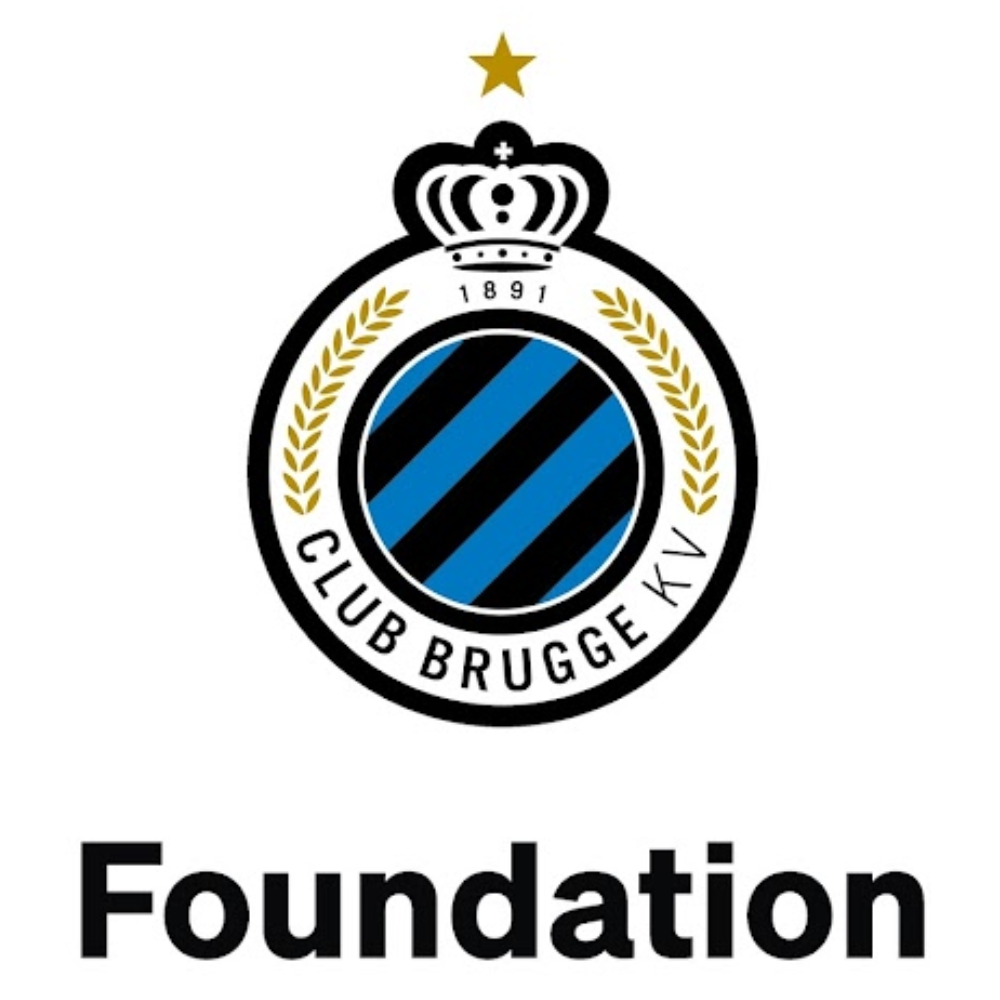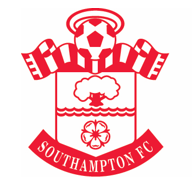Inter Milan is now part of the network
The European Football for Development Network is proud to announce that Inter Milan is joining the network to collaborate with other club members.
F.C. Internazionale Milano, colloquially known as Inter Milan outside of Italy, is a professional Italian football club based in Milan, Lombardy. The club have played continuously in the top tier of the Italian football league system since its debut in 1909. Inter’s home games are played at the Stadio Giuseppe Meazza. Shared with rivals A.C. Milan, the stadium is the largest in Italian football. The local team A.C. Milan are considered among their biggest rivals, and matches between the two teams, known as the Derby della Madonnina, are one of the most followed derbies in football. The club is one of the most valuable in Italian and world football.
Inter have won 30 domestic trophies as well as local rivals A.C. Milan, including 18 league titles, 7 Coppa Italia and 5 Supercoppa Italiana. From 2006 to 2010, the club won five successive league titles, equalling the all-time record. They have won the Champions League three times. Their latest win completed an unprecedented Italian seasonal treble, with Inter winning the Coppa Italia and the Scudetto the same year. The club has also won 3 UEFA Cups, 2 Intercontinental Cups and 1 FIFA Club World Cup.
What about Inter Milan’s CSR strategy?
Inter Campus promotes play as a right for every single child. Nowadays Inter Campus works in 29 countries and it constantly involves 10’000 children (boys and girls) from 6 to 13 years old, around 200 local educators and volunteers. Inter Campus socially improves the communities it works with, giving children the possibility to play, develop their own personality, be integrated and participate proactively in the society they live in. Every year each child participating in Inter Campus is given the official black and blue jersey, a symbol of belonging to the Inter family.
Since Inter Campus’ intervention is an ongoing process, continuity is one of the key success factors of the programme: only through time it is possible to transfer substantial value. The creation of steady programmes through time with constant monitoring and periodical updates is a pillar, together with the trasversal diffusion, beyond governments and religions.

Aris Limassol FC Social, Environmental, and Health Initiatives

Aalborg Boldspilklub af 1885- Connecting North Jutland


Club Brugge’s foundraising huge succes During ‘De Warmste Week’ to Fight Loneliness


